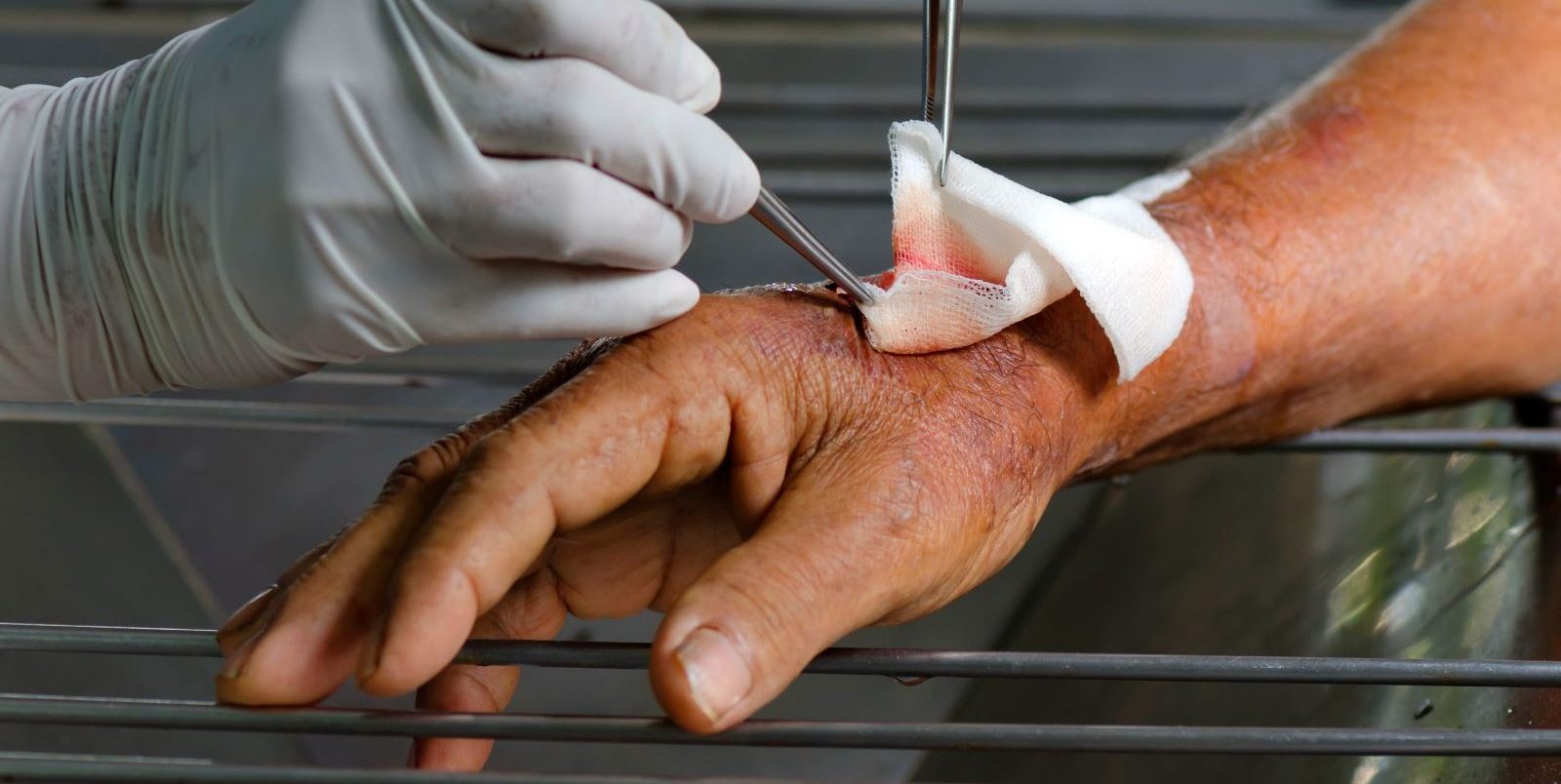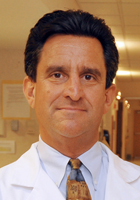More than five million Americans suffer from a wound that won’t heal for a variety of reasons, and many struggle with the impact that has on their quality of life.
June is Wound Healing Awareness Month and the Wound Care Center teams at Backus Hospital and Windham Hospital are working to educate providers, patients and the public about the prevalence of chronic wounds and the advanced solutions are available to help.
“Non-healing wounds limit quality of life and productivity. Early detection and prompt management can avoid complications and return patients to enjoying life,” said Mark Tramontozzi, MD, regional medical director for wound care, adding that, if left untreated, chronic wounds can lead to diminished mobility and possibly amputation of the affected limb.
People living with chronic wounds include anyone with:
- Pressure ulcers (43 percent).
- Diabetic foot ulcers (31 percent).
- Venous stasis ulcers (12 percent).
- Surgical wounds or trauma (8 percent).
- Arterial ulcers (6 percent).
The problem is becoming more severe because the population is aging and rates of disease are increasing. Diabetes, peripheral artery disease, cardiovascular disease and chronic obstructive pulmonary disease all increase the risk that you will develop a chronic wound. In addition, the pandemic caused many with chronic wounds to delay treatment, resulting in a rise in amputation rates, according to the American Diabetes Association.
Advanced therapies available at the Backus and Windham Wound Care centers, however, can reduce the risk for amputation due to a chronic wound by nearly 50 percent.
These options include:
- Angiograms: Minimally invasive outpatient procedure where a tiny catheter is inserted into your blood vessels through a small puncture to obtain pictures of any blockages that may impede healing. Your provider may use specially designed technology that can open blocked blood vessels including stents, cutting devices and balloons.
- Surgery: A variety of complex surgical treatments to improve blood flow to the wound, clean or close unhealthy tissue or open wounds, or remove non-healing tissue or bones.
- Advanced wound care: The cutting-edge treatments available at our Wound Care Centers include hyperbaric oxygen therapy, negative pressure therapy, synthetic skin grafts and more.
Anyone suffering from a chronic wound should talk to their primary care provider about advanced wound care, available at any of the nine HHC Wound Care Centers.



